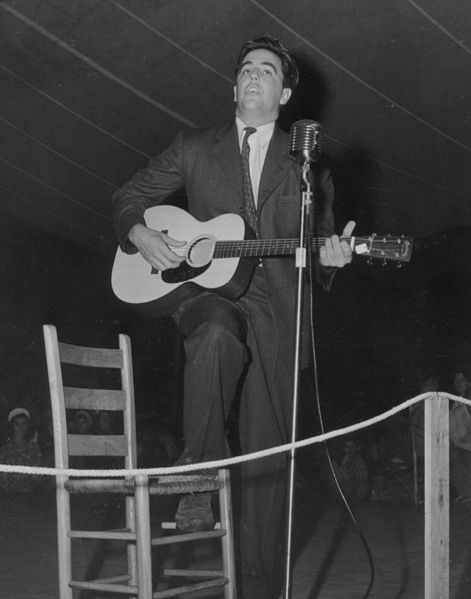This is a melancholy topic for me. There was a time when my Delicious network feed was the first site I looked at in the morning, my favorite source of news and serendipitous new knowledge, and the primary repository for my short-form writing. Now I barely ever use it.
I started out using Delicious for its intended purpose, bookmarking. Then I discovered that between the tags and the notes field, it was a spectacular notetaking tool. Over time, I built up a network of around a hundred other people. My Delicious use became 10% archiving and annotating links I planned to refer to later, and 90% social linkblogging. The experience became almost Quora-like.
Continue reading “What are some possible innovations for Delicious going forward?”




 The good news is that while figuring out keys is complex, it’s not impossible. Before you can do it, you need to know what all the possibilities are, and you need some tools to help you in your analysis. I’m assuming here that you don’t have sheet music of the tune you’re trying to figure out, but you do have an audio recording. You’ll want a program that can loop and slow down different sections. I recommend
The good news is that while figuring out keys is complex, it’s not impossible. Before you can do it, you need to know what all the possibilities are, and you need some tools to help you in your analysis. I’m assuming here that you don’t have sheet music of the tune you’re trying to figure out, but you do have an audio recording. You’ll want a program that can loop and slow down different sections. I recommend